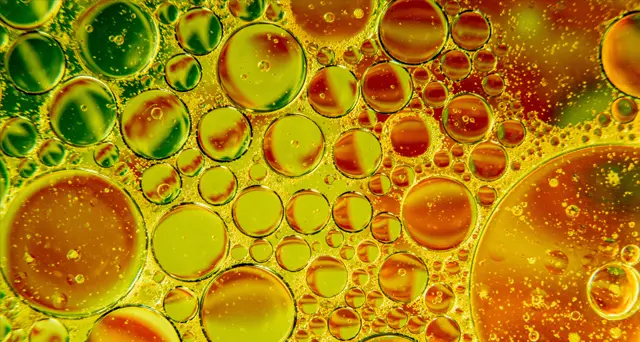Diesel History
- Home
- Commodities
- Diesel History

Vegetable Oil as a Fuel Source
Transesterification of vegetable oil was pioneered as early as 1853 by esteemed scientists E. Duffy and J. Patrick, well before the operational debut of the first diesel engine. Rudolf Diesel's inaugural prototype, a solitary 10 ft (3 m) iron cylinder accompanied by a base-mounted flywheel, achieved autonomous power for the first time on August 10, 1893, in Augsburg, Germany. This momentous occasion led to the establishment of "International Biodiesel Day" in commemoration. Diesel later showcased his groundbreaking engine, earning the prestigious Grand Prix award at the 1900 World Fair in Paris, France.
This engine served as a testament to Diesel's foresight as it ran on peanut oil, a biofuel that, although not transesterified into biodiesel, showcased his belief in the future potential of biomass fuel. In a 1912 speech, Diesel proclaimed, "the use of vegetable oils for engine fuels may seem insignificant today but such oils may become, in the course of time, as important as petroleum and the coal-tar products of the present time."
During the 1920s, diesel engine manufacturers made modifications to accommodate the lower viscosity of petrodiesel, a fossil fuel, instead of vegetable oil, a biomass fuel. The petroleum industry's ability to produce fuel at a significantly lower cost led to their dominance in the fuel markets, resulting in the near eradication of the biomass fuel production infrastructure for many years. It is only recently, with the growing concerns over environmental impact and the narrowing cost gap, that biomass fuels such as biodiesel have emerged as a viable alternative.
In 1977, Brazilian scientist Expedito Parente achieved a significant milestone by producing biodiesel through the process of transesterification and ethanol. This pioneering method, the world's first patented biodiesel production process, adheres to international standards, providing a "standardized identity and quality." No other proposed biofuel has received validation from the motor industry. Currently, Parente's company, Tecbio, collaborates with Boeing and NASA to certify bioquerosene, another product patented by the esteemed Brazilian scientist.
Research into the utilization of transesterified sunflower oil and its refinement to meet diesel fuel standards was initiated in South Africa in 1979. By 1983, the process for producing high-quality, engine-tested biodiesel was completed and shared worldwide. Gaskoks, an Austrian company, acquired the technology from South African Agricultural Engineers, and in November 1987, they established the first biodiesel pilot plant, followed by the first industrial-scale plant in April 1989, boasting a capacity of 30,000 tons of rapeseed per annum.
Throughout the 1990s, biodiesel plants emerged across various European countries, including the Czech Republic, Germany, and Sweden. France commenced local production of biodiesel fuel, known as diester, derived from rapeseed oil, which is blended with regular diesel fuel at a 5% ratio and utilized at a 30% ratio in some captive fleets, such as public transportation. Renowned automobile manufacturers like Renault and Peugeot have certified truck engines for use with up to 30% biodiesel, and ongoing experiments with 50% biodiesel are underway. Concurrently, biodiesel production gained momentum in other regions worldwide. By 1998, the Austrian Biofuels Institute had identified 21 countries with commercial biodiesel projects. Today, 100% biodiesel is readily available at numerous conventional service stations across Europe.
In September 2005, Minnesota became the first U.S. state to enforce a mandate requiring all diesel fuel sold within its borders to contain a minimum 2% biodiesel content, thereby exemplifying its commitment to the utilization of biodiesel.
